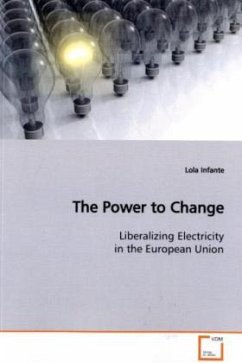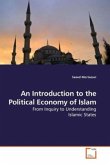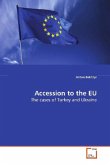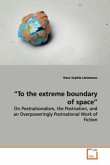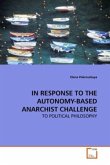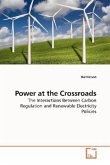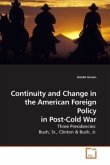The story of deregulation in general, and that of
the liberalization of the electric power sector in
particular, is rich in paradoxes. This book examines
the European electricity industries and shows that
the liberalization of this sector did not conform to
the traditional theoretical explanations that
privilege economic interests and industry-specific
considerations as the motors for regulatory reform.
Instead, the primary impetus for change came from an
overarching commitment to certain neo-liberal ideas
shared by European intellectual and political
elites. As a fundamentally idea-driven policy,
liberalization was not always coherent with the
stated goals and, with means and ends that were not
always consistent with each other, the reforms were
often hampered and their results ambiguous. By
shedding new light on the processes and rationales
for regulatory reform in this industry, this book
should be of particular interest to professional
analysts of the electricity sector and students of
energy policy, as well as anyone interested in the
role that ideas play in motivating policy choices
and shaping policy outcomes.
the liberalization of the electric power sector in
particular, is rich in paradoxes. This book examines
the European electricity industries and shows that
the liberalization of this sector did not conform to
the traditional theoretical explanations that
privilege economic interests and industry-specific
considerations as the motors for regulatory reform.
Instead, the primary impetus for change came from an
overarching commitment to certain neo-liberal ideas
shared by European intellectual and political
elites. As a fundamentally idea-driven policy,
liberalization was not always coherent with the
stated goals and, with means and ends that were not
always consistent with each other, the reforms were
often hampered and their results ambiguous. By
shedding new light on the processes and rationales
for regulatory reform in this industry, this book
should be of particular interest to professional
analysts of the electricity sector and students of
energy policy, as well as anyone interested in the
role that ideas play in motivating policy choices
and shaping policy outcomes.
